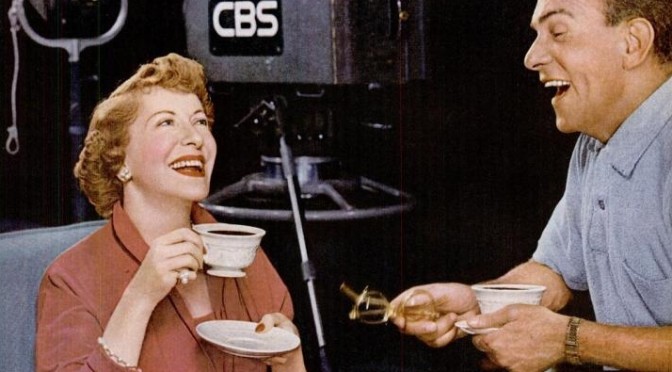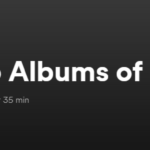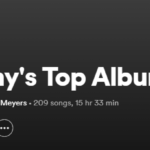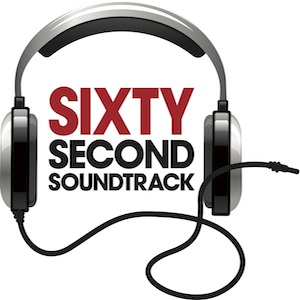Its probably of little surprise to you that one of the few “digital marketing” areas that I have any interest in talking about is original “content” (although like many creative people, I shudder at the overuse of that word.)
So, as I’m clearing out my RSS feeds, I stumble upon a three-year-old post on Podcasting News that really nails how I feel about it, and have for some time.
The headline is “Advertisers Shouldn’t Compete For Your Attention; They Should Sponsor Your Attention.”
This is exactly right. For too long, advertising (and marketing) have grown and grown into beasts of ego (really? awards shows for commercials? please.), vying for more and more active attention, and sucking up some of our greatest creative talents to create manipulative capitalist claptrap with budgets that would never be afforded them, had their output also not been intended to sell cars or crackers or credit checks.
Ever since I was a kid, I’ve been into old-time radio from the 30s and 40s. Comedians like George Burns, Jack Benny, Fred Allen and others helped shaped my view of humor (including puns…sorry everyone), how one could tell a story that sparked the imagination without any visuals whatsoever (which has become a core focus of what I’m working on now, but more on that later), and the effective role of sponsorship in the creative process.
Old-time radio was structured around the sponsor.  Texaco Star Theater and The Colgate Program were mainstays of popular radio programming.   They were set up so that the sponsor would get an advertisement beginning of the show framing it so that they were “bringing you the entertainment” rather than having a bunch of commercials in between segments from the bunch of different sponsors vying for your attention. In this way, there is a much stronger, more up-front association between brand and content, in a way that defines the relationship to be more about ‘we are making it possible for these people to be creative and bring you stories that you love’.
Shouldn’t that be the model, rather than a bunch of broke creative people going out on their own with no resources, or a bunch of creative people taking a lot of “creative” notes from non creative people with the money? Shouldn’t financial folks spend their money to position themselves to be ‘powered by Intel’ rather than spending their own money on 30 second spots that are increasingly fast-forwarded through (here’s a good rule of thumb: when theres a multi-billion dollar industry dedicated to working around ever having to experience what you’re doing, it’s time to rethink.  I’m looking at you, banner ads.)
I think that we’re starting to see some of this come back in things like Kevin Pollak’s web show, and some of the sponsors of larger podcasts who seem to “get it”, and I hope this patronage model continues.






To some extent I think this already happens in trade shows — vendors sponsor hands-on labs, networking events, and so forth. But yes, with regard to online content, would be great to see sponsorships as almost a “third leg” of content marketing (besides original content creation, and curation).
i like this. i mean, if i could get say, Pepsi to sponsor my blog – then they could help it generate traffic and people would get something entertaining in return. without visuals. ;)
Well, to be fair, advertising awards shows have been around for years…since the radio show days actually. Self-congratulation is nothing new.Â
But as a big fan of old-time radio advertising, I’m a fan of this model. Roma Wines presents…SUS-PENSE!